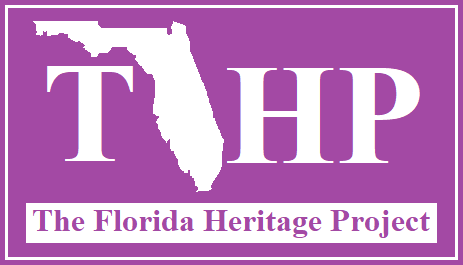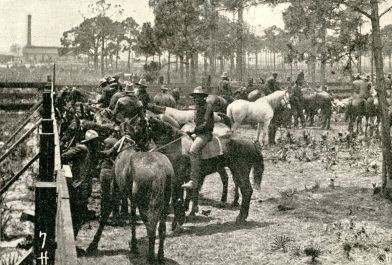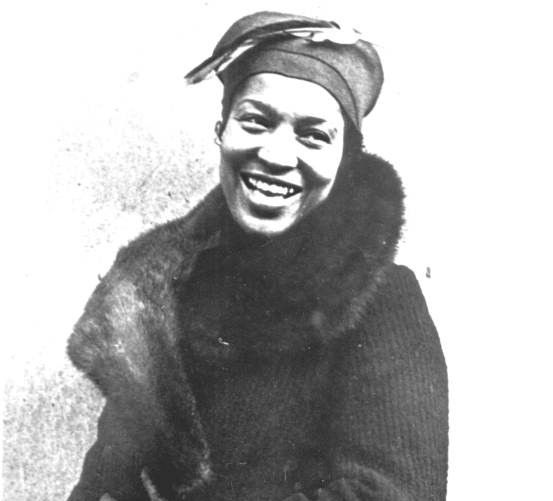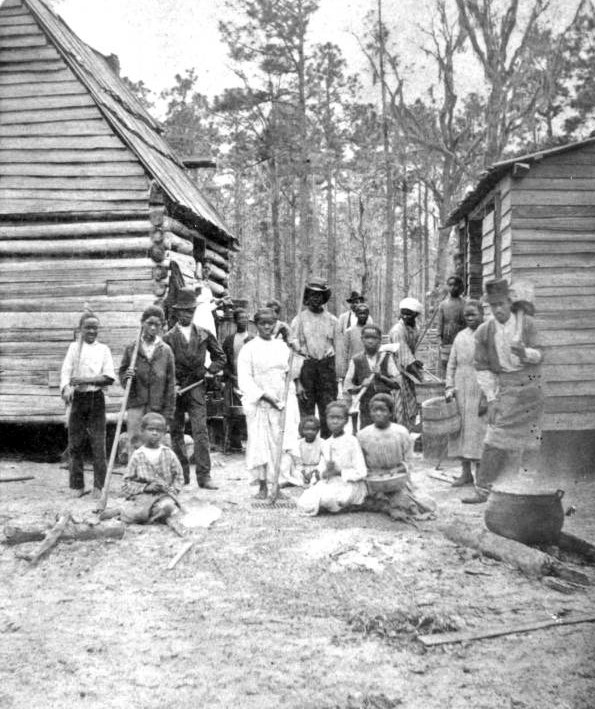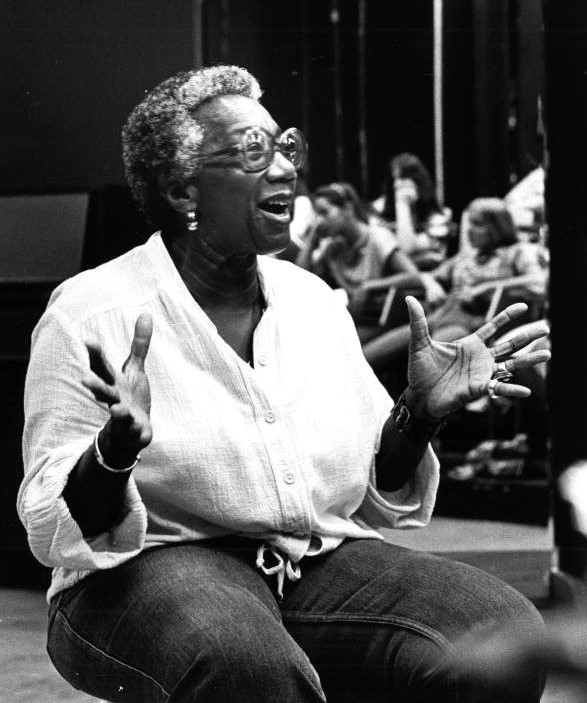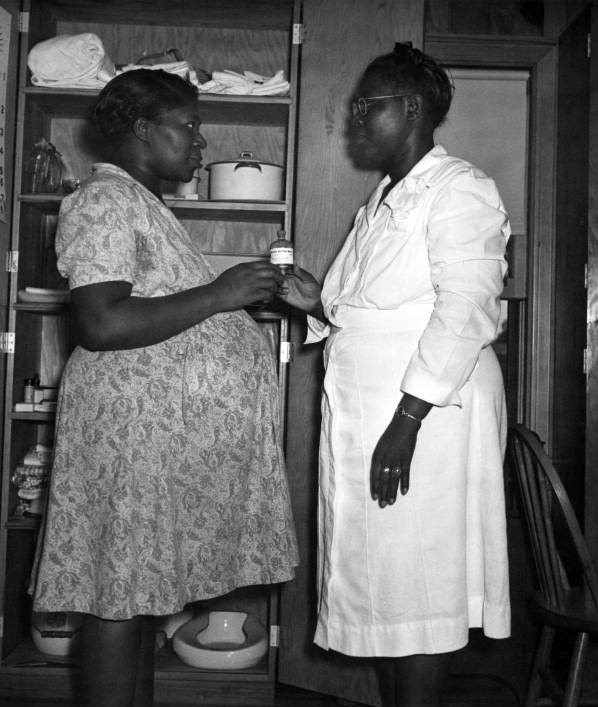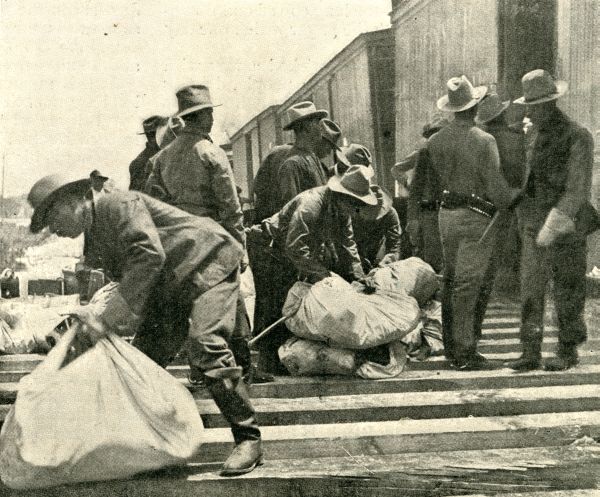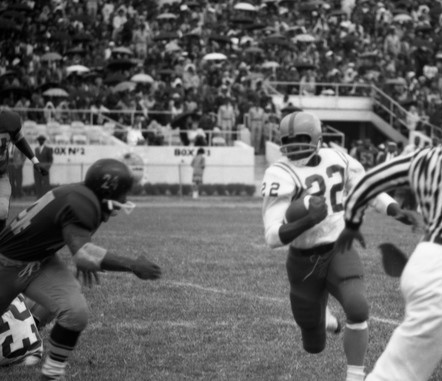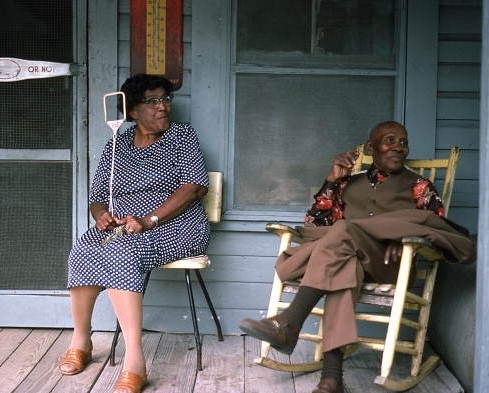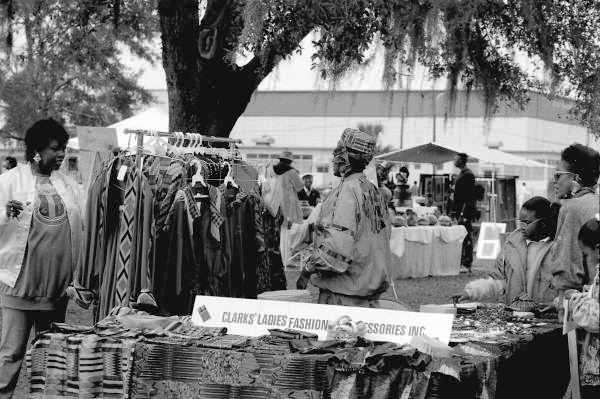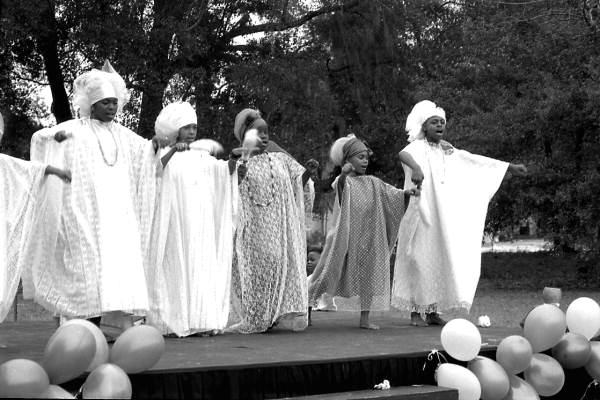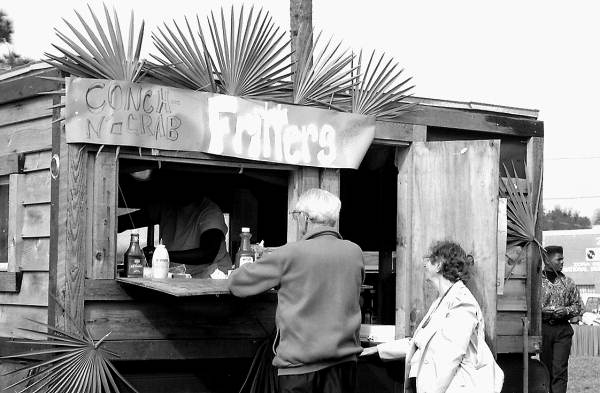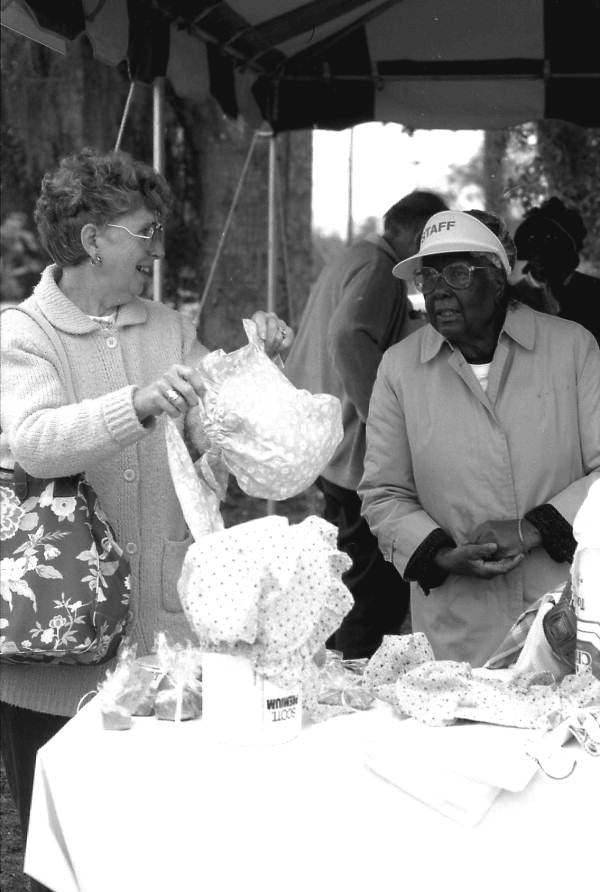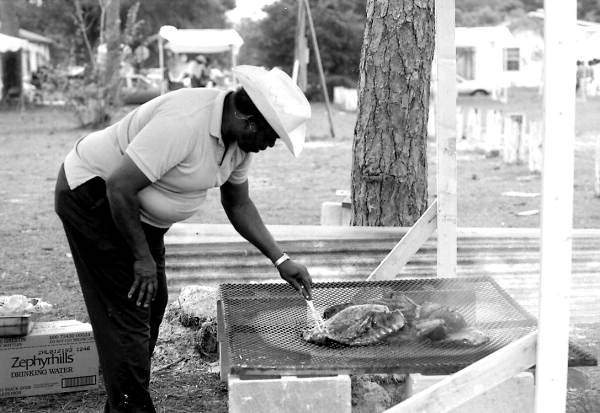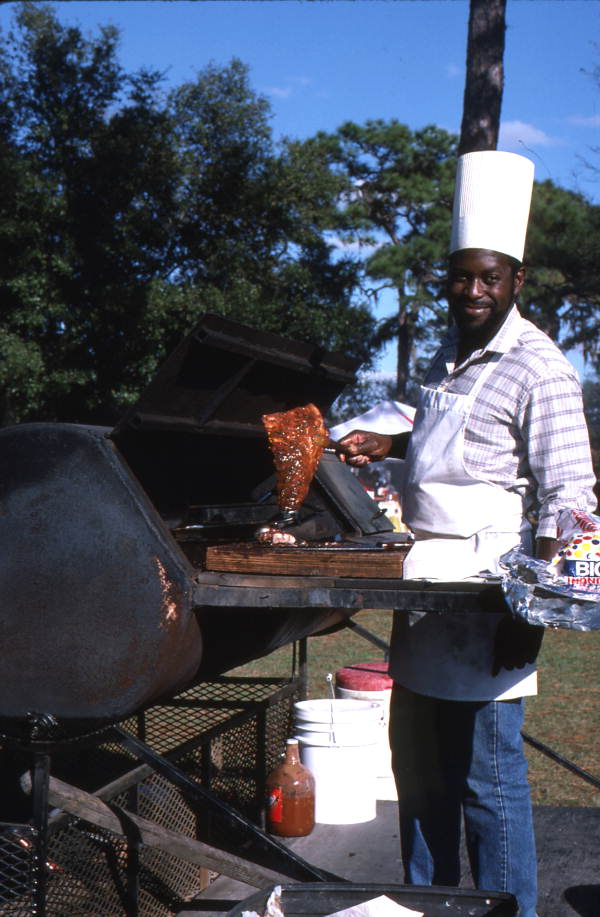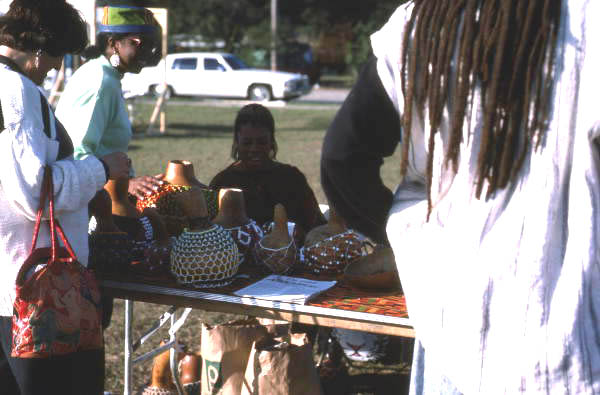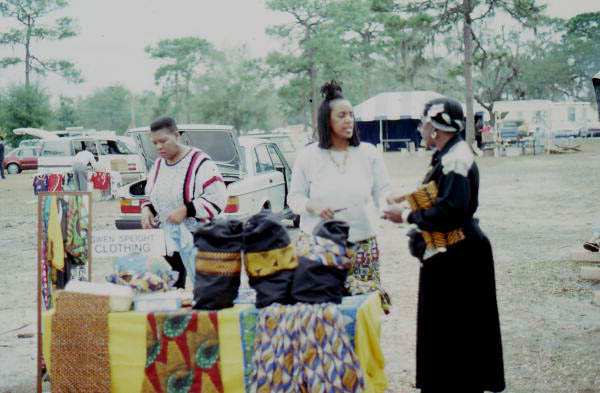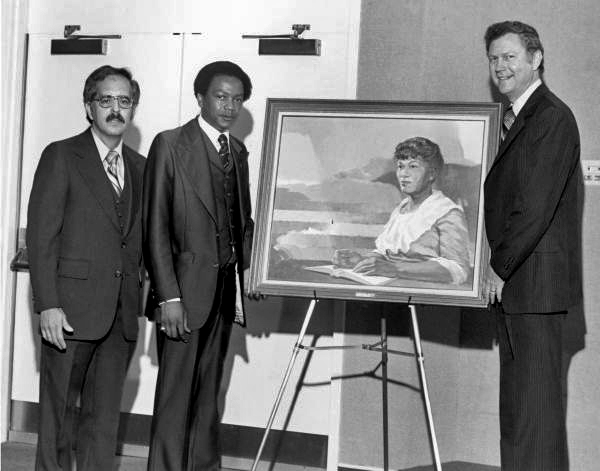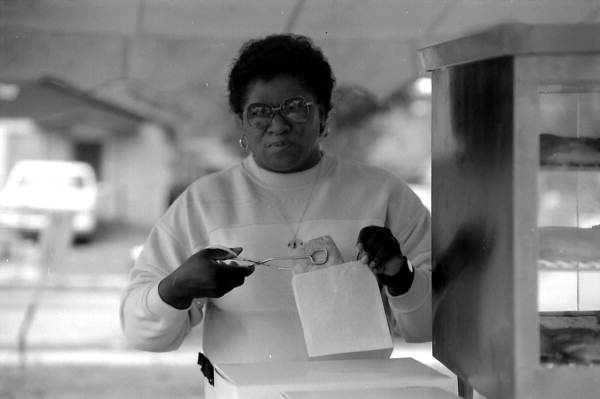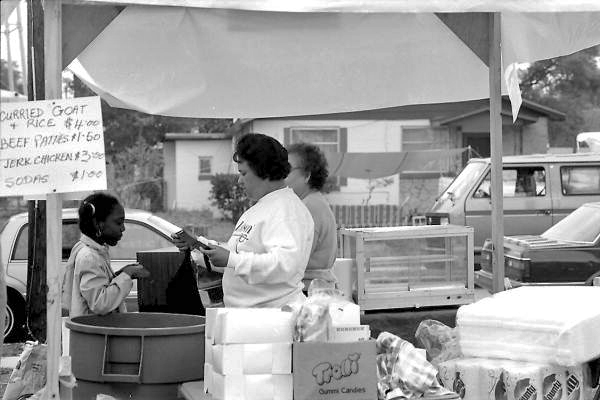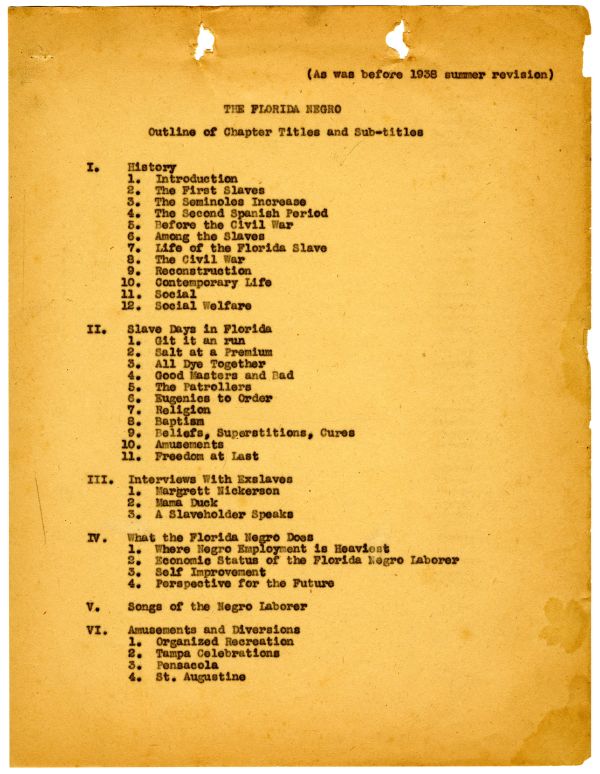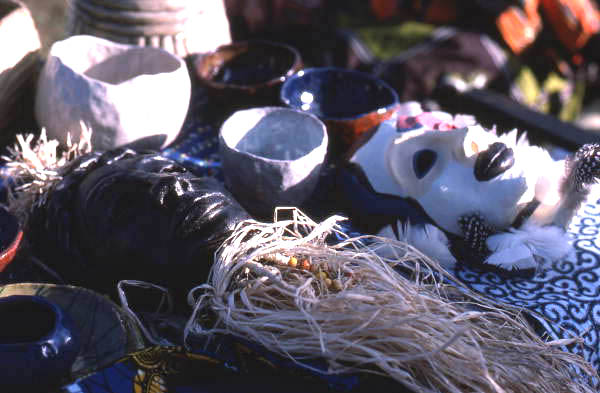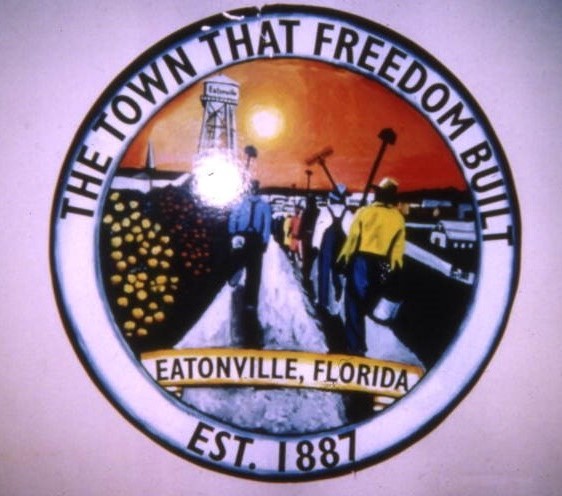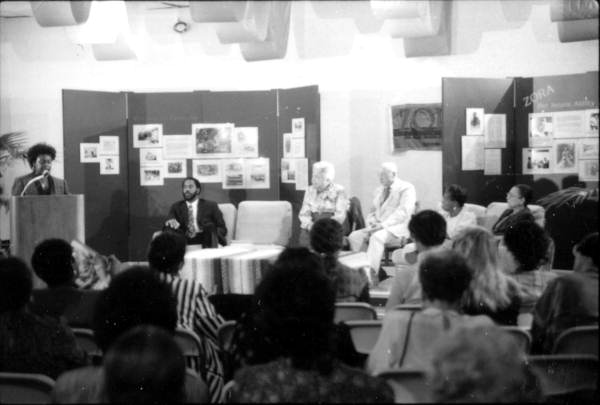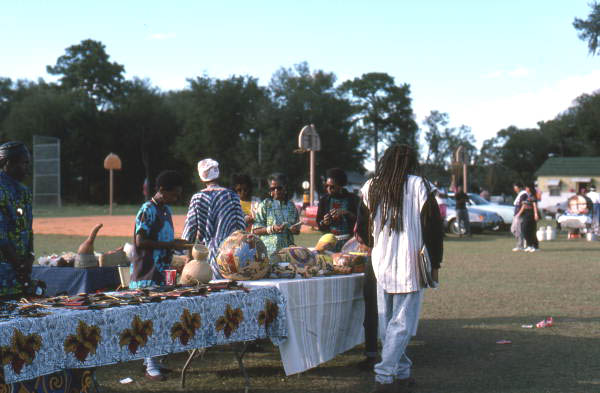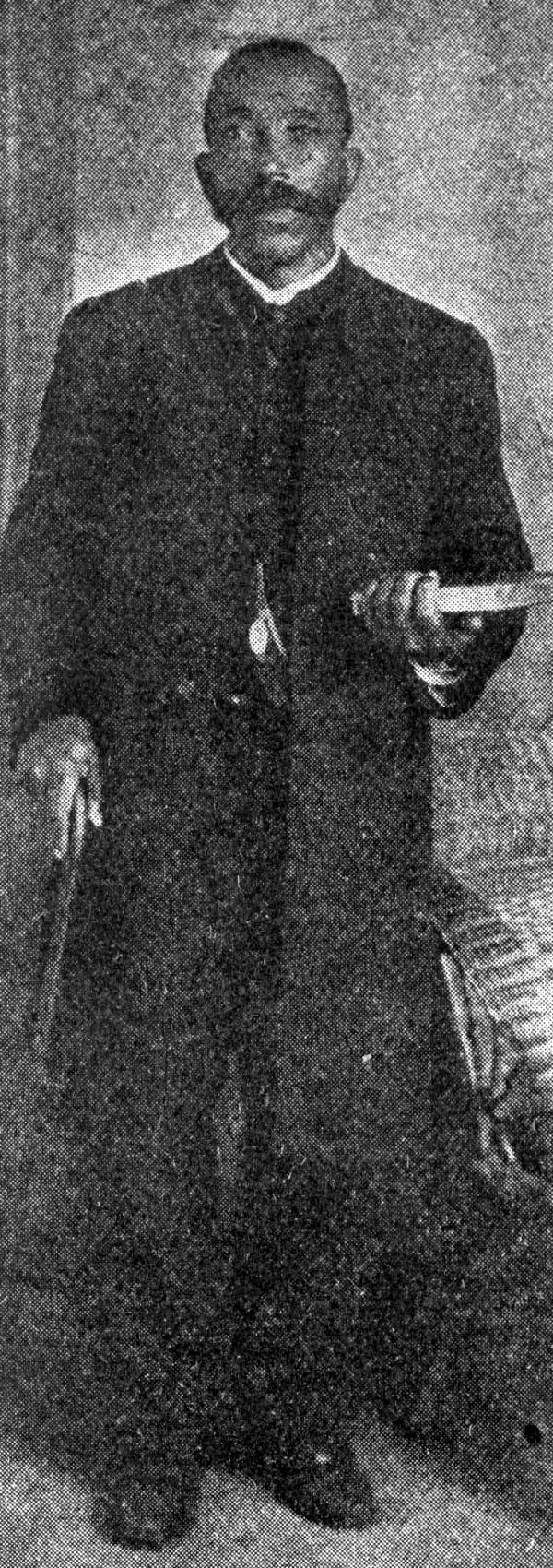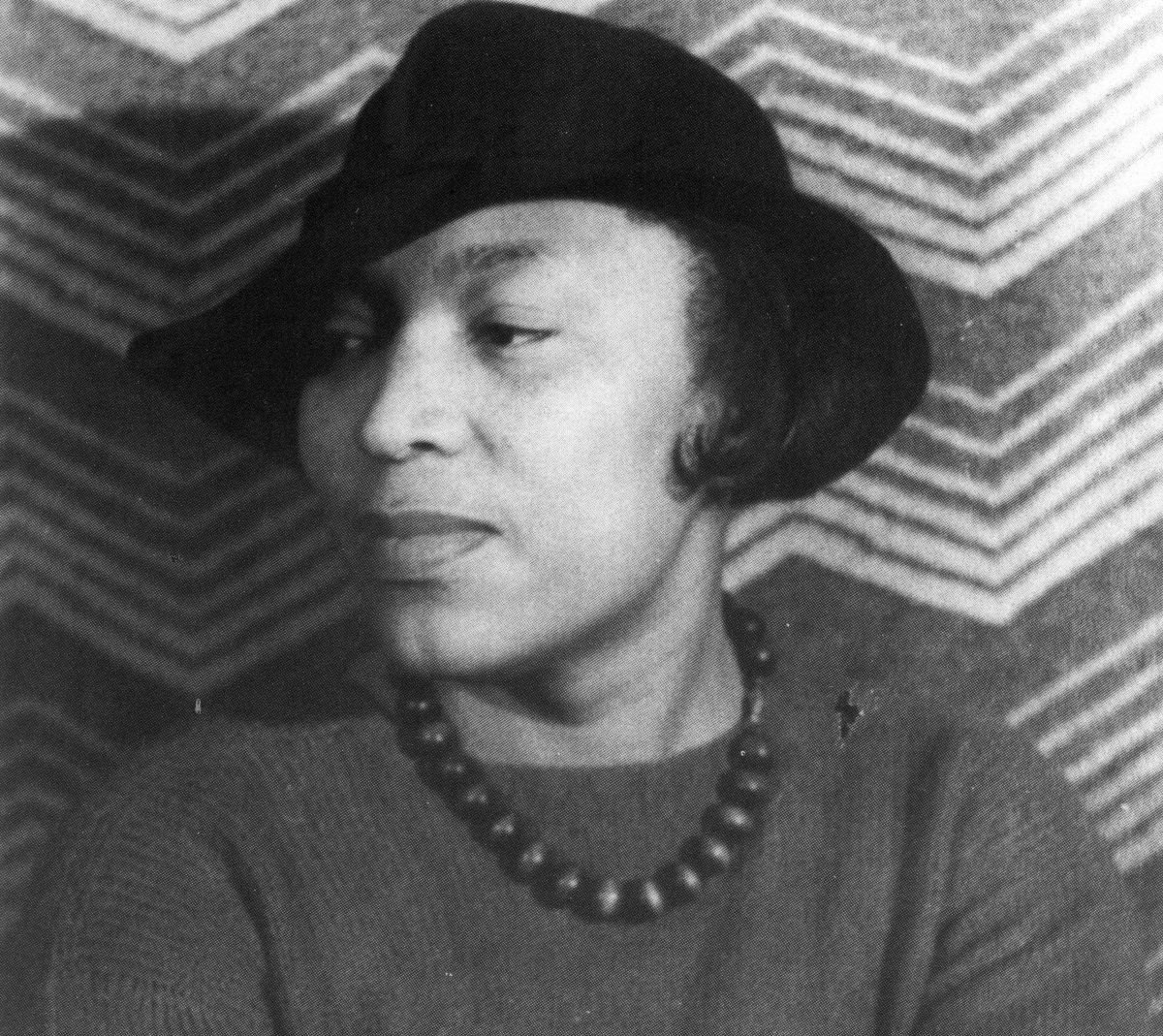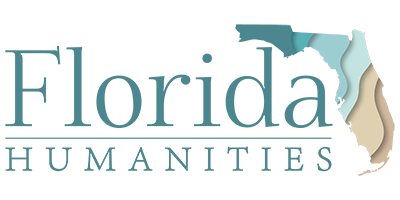"The United States has a long history of Black immigration driven by the slave trade of past centuries, but free Black immigration from Africa is a relatively recent phenomenon. Today there are about 1.1 million Black African immigrants, comprising 3 percent of the total US foreign-born population. Black Africans are among the fastest-growing groups of US immigrants, increasing by about 200 percent during the 1980s and 1990s and nearly 100 percent during the 2000s.
Like all US immigrant groups, most Black Africans are admitted through family reunification channels; but Black Africans are much more likely than other groups to be admitted as refugees or through the diversity visa program, which aims to increase flows from underrepresented countries by allowing immigration from these countries of individuals without a formal job offer or strong family ties in the United States.
As a consequence of their various channels of admission, the US population of Black African immigrants is rapidly becoming more diverse in its origins. Black African immigrants generally fare well on integration indicators. Overall, they are well educated, with college completion rates that greatly exceed those for most other immigrant groups and US natives.
In fact, the United States, Canada, and Australia disproportionately attract better-educated African migrants,
while the less educated tend to go to the United Kingdom, France, and other European countries. Black African
immigrants in the United States have relatively high employment rates (exceeding 70 percent for most countries
of origin). Black African women are also substantially more likely to work than women from other immigrant
groups." (Capps, McCabe, Fix)
